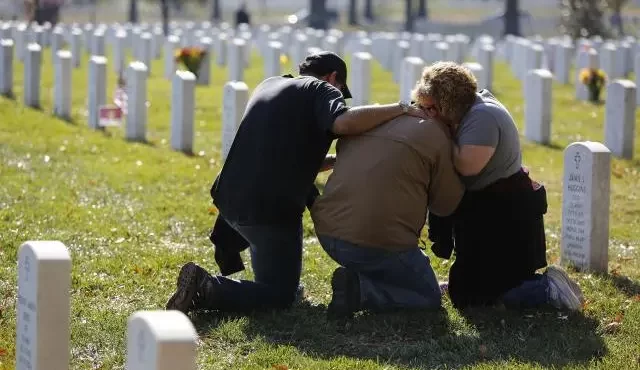The wrongful death of a loved one is an emotionally devastating experience, and the financial impact on surviving family members can be significant. When the deceased played a vital role in providing financial support, the loss of income can compound the challenges the family faces. In this blog post titled Compensation for Loss of Income in Wrongful Death Cases, we’ll explore the legal aspects of seeking compensation for loss of income in wrongful death cases, offering guidance on how families can navigate this complex process to secure financial support and justice.
Understanding Wrongful Death and Loss of Income
In a wrongful death case, compensation for loss of income is a key component, especially when the deceased was the primary breadwinner or a significant contributor to the family’s financial well-being. Wrongful death claims arise when a person’s death is caused by the negligent or intentional actions of another party.
Types of Compensation for Loss of Income
- Lost Earnings:
- Past Earnings: Compensation may include the deceased’s past earnings up to the time of their death. This encompasses wages, bonuses, and other income sources.
- Future Earnings: Families may be entitled to compensation for the deceased’s projected future earnings had they not suffered a premature death. This involves an assessment of factors such as age, health, occupation, and earning capacity.
- Benefits and Perks:
- Compensation may cover the value of benefits and perks the deceased would have received in the future, such as health insurance, retirement contributions, and other employment-related benefits.
- Lost Inheritance:
- In cases where the deceased was the parent or guardian of minor children, compensation may include the value of the lost inheritance that the children would have received if the deceased had lived a full life.
Proving Loss of Income in a Wrongful Death Case
To successfully claim compensation for loss of income in a wrongful death case, certain elements need to be established:
- Causation: Proving that the wrongful actions of the responsible party directly led to the death of the individual.
- Financial Dependency: Demonstrating that the surviving family members were financially dependent on the deceased, either partially or entirely.
- Economic Value: Establishing the economic value of the deceased’s past and future earnings, benefits, and contributions to the family.
Factors Affecting Compensation
Several factors can influence the amount of compensation awarded for loss of income:
- Age and Health of the Deceased: Younger, healthier individuals with promising careers may receive higher compensation for projected future earnings.
- Occupation and Education: The deceased’s occupation, education, and earning potential play a crucial role in determining compensation.
- Life Expectancy: Life expectancy calculations are used to estimate the number of years the deceased would likely have continued working and earning income.
Seeking Legal Representation
Navigating the complexities of a wrongful death case, especially when seeking compensation for loss of income, requires the expertise of a compassionate and experienced personal injury attorney. An attorney can:
- Conduct a Thorough Investigation: Examine the circumstances surrounding the wrongful death and gather evidence to support the claim for loss of income.
- Engage Economic Experts: Work with economic experts to assess the financial impact of the loss, including projected future earnings and benefits.
- Negotiate with Insurance Companies: Advocate for fair compensation through negotiations with the responsible party’s insurance company.
Conclusion
Compensation for loss of income in wrongful death cases is not just about financial recovery. It is about ensuring that surviving family members receive the support they need to move forward. If you have lost a loved one due to the negligence or intentional actions of another seek guidance. One of the first places you should look is for an experienced personal injury attorney in Salt Lake City is crucial. Together, you can pursue justice, financial stability, and a sense of closure during this challenging time. No amount of compensation can replace the loss of a loved one. Fighting for compensation can provide crucial support as you navigate the path to healing and recovery.








